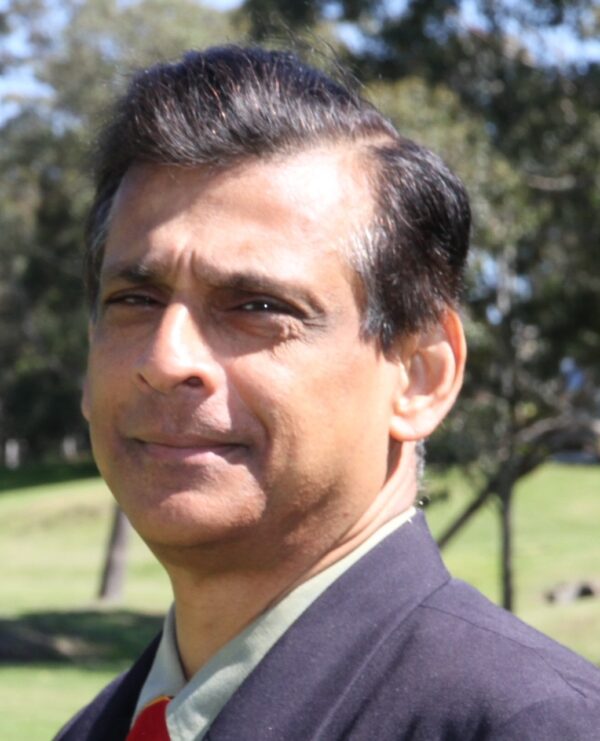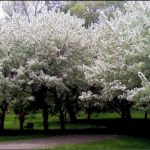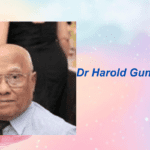The Ceylon Society of Australia 2024 meetings – Sunday 25 August – 6.30-8.30 pm – General Meeting

The Committee warmly welcomes Members and Guests
Sunday 25 August – 6.30-8.30 pm – General Meeting
Venue: Pennant Hills Community Centre, Main Hall on Level 1, Ramsay Road, Pennant Hills, NSW 2120.
The CSA Committee warmly welcomes Members and Guests to the General Meeting.
A donation to defray catering expenses for the Social following on from the talk would be appreciated, and bringing a plate of food would also be welcomed.
The speaker for the meeting will be Emeritus Professor Naren Chitty, AM, who will talk on “Life in British Ceylon – 1850 to 1950”.
Professor Emeritus Naren Chitty, AM

BIO-DATA
Professor Emeritus Naren Chitty AM, now in his seventy-fifth year, has had two careers, the more recent one in university education and the first in the service of Sri Lanka at home and abroad. Embarking on a career in tertiary education at Macquarie University in 1989, he founded the Department of International Communication, The Journal of International Communication, and the Soft Power Analysis and Resource Centre (SPARC). He served in positions of Dean, Associate Dean and Head of Department. Today, he continues to direct SPARC as Professor Emeritus. He was recognized in 2009 by the Commonwealth of Australia “for services to education, particularly in the field of international communications as a researcher and academic and to a range of professional associations” through investiture as a Member of the Order of Australia (A.M.). He served as Secretary General of the International Association for Media and Communication Research in 1996-2000 – the first Sri Lankan Australian as well as first Australian of any origin to do so.
Prior to migrating to Australia, Professor Emeritus Chitty has served as Counsellor of the Embassy of Sri Lanka in Washington DC, Consultant to the Ministry of State, Deputy Director of the NGO Community Development Services, and UNDP Young Professional in the Ministry of Planning & Economic Affairs. As Consultant to the Ministry of State, he had responsibility for the television planning portfolio under the Permanent Secretary; and was Co-Director of the National Television Planning Centre, and a Director of ITN. As Counsellor in Washington DC, he handled the public diplomacy portfolio covering a wide range of subjects. He was responsible for convening the first meetings at the Sri Lanka Chancery in Washington DC, circa 1983, of the group that set up the Arthur C. Clarke Foundation, a proposal of his. The Foundation’s annual Arthur C. Clarke Innovator awardees have included Elon Musk (2011), Jeffrey Bezos (2016), Stephen Hawking (2017), Lord Martin Rees (2019), and Dr Michio Kaku (2021) – a butterfly effect the extent of which continues to amaze him.
Professor Emeritus Chitty had his education at Bousfield School in London, Royal Primary School in Colombo, and Trinity College in Kandy. His undergraduate studies in communication were at the University of Westminster, London and his graduate training was at the School of International Studies of the American University in Washington DC, where he earned a PhD in International Relations. His published doctoral thesis was entitled Framing South Asian Regional Transformation: An examination of regional views on South Asian cooperation. He is the author/co-author/co-editor of numerous articles, chapters and books on intercultural relations, international communication, influence, media theory, propaganda, public diplomacy, and soft power. He was the lead editor of the first and second issues of the Routledge Handbook of Soft Power and is Series Editor of Anthem Studies in Soft Power and Public Diplomacy. He has been principal supervisor of over thirty PhD projects. His visiting professorships have included University of Paris III – Sorbonne (Paris), Communication University of China (Beijing), Southwest University of Politics and Law (Chongqing), Jilin University (Changchun), South China Normal University (Guangzhou), and Universiti Kebangsaan (Bangi).
Following schooling, Professor Emeritus Chitty first freelanced as a journalist and then worked as a Design Assistant to architect Valentine Gunasekera. He held an exhibition of paintings with Sita Parakrama and Brigadier Mohan Madawela at the Lionel Wendt Gallery, and his interest in painting continues to this date. He also engages in writing poetry, and an issue of The Ceylankan has published his play-in-verse about Prince Vijaya.
LIFE IN BRITISH CEYLON – 1850 TO 1950:
SOCIAL HISTORY THROUGH CHITTY FAMILY PALIMPSESTS
Social histories bring history to life when they draw on voices from the past. Memoirs, letters, and photographs will enliven a historical narrative about a bygone Ceylon that evokes nostalgia. The period in question is the century between1850 and1950. The talk will be quartered into an introduction, a section on the period 1850-1900, another on the period 1900-1950, and a reflective conclusion. The introduction will provide a framework that tracks the speaker’s perspective as it evolved from his schoolboy days in Kandy to his life as a university professor in Sydney. The talk will offer an account about ancestors who arrived on the island during the reign of Rajasinha II as King of Kandy. Commentary will be made in the talk about what constituted the Chetties who formed the Colombo Chetty community in Dutch times and how they differed from other Chetty groups.
A section on the period 1850-1900 will throw light on the lives and times of Christian Chitty and his French Huguenot wife Matilda (Mitzi) Augusta Morel and their nine children. The section on the period 1900-1950 will address the lives and times of the children of Christian and Matilda who married Colombo Chetties, Dutch Burghers, Kandyan Sinhalese, and Tamils. Hitherto unpublished research on the family offers insights on how a land-owning family negotiated a changing colonial reality in the two periods. The closing section will reflect on changing lifestyles and attitudes to westernisation and politics. Broad themes addressed will include education, economic interests, political participation, and social life.
The speaker will discuss familial strategies of seeking betterment or preservation of lifestyles through different avenues, including land-owning, planting, education and the professions and the civil service. In the first period, the establishment of Law College in 1874 in Hulftsdorp led to a burgeoning of this profession. Several products of Law College decided to participate in the new elected legislatures of the 20 th C. Dutch Burghers who, Tennent noted in 1859, had “risen in eminence at the Bar and occupied the highest positions on the Bench”, were followed by Sinhalese and Tamils. Early in the Twentieth Century, the Spanish Flu pandemic and two World Wars hurt landowners, and emphasised the value of the professions and civil service. Another experience discussed in the talk, is the abandonment of Kotahena in favour of Cinnamon Gardens by families of note.
Research that informs this talk draws on data collected in video interviews in the early 1980s, articles and books, Ceylon Almanacs, Ceylon Law Reports, Ceylon Government Gazettes, church records, Ferguson’s Directories, the Journal of the Dutch Burgher Union, The Journal of the Ceylon Branch of the Royal Asiatic Society of Great Britain and Ireland, Kabristan Archives, letters, maps, memoirs and recollections, obituaries, photographs, and video-recordings.






















